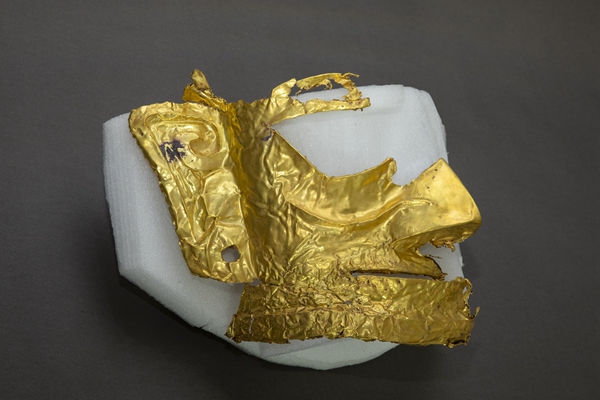

China's Sichuan province, a repository of relics dubbed one of the greatest archaeological finds in the 20th century, continues to enthrall heritage lovers as more relics have surfaced in six new sacrificial pits there.
This is not the first time the place has made headlines since a farmer accidentally unearthed its secrets in the 1920s. Nor is it the only cultural relic site that's making news. Similar finds from the ancient Liangzhu culture and Dunhuang murals have been attracting more tourists, even increasing the popularity of entertainment shows such as Masters in the Forbidden City.
Thanks to such discoveries, museums across the country saw more footfalls than ever during the recent May Day holiday. To cite an example, by April 29, the Palace Museum had sold out all tickets for the holiday week. Even provincial museums saw huge crowds during the holiday.
An increasing number of people are visiting archaeological sites because they have learned to appreciate the country's heritage, thanks to their improved living standards. Besides, for several years now, electronic media outlets have been highlighting the importance of archaeology in viewer-friendly ways, such as through short video clips and posters. Museums, too, are using the medium to promote themselves.
However, in order to make China's archaeology sector sustainable, it is necessary to cultivate more talents and provide them with special training so they can be part of archaeological digging teams. China has only a handful of such talents. According to official data, there are fewer than 2,000 archaeologists who can be part of such projects, and most of them are retired. Only a few hundred are still working on sites.
In 2020, when Zhong Fangrong, a girl from Hunan province, who secured fourth place in the annual college entrance examination, chose to major in archaeology from Peking University, she made headlines because archaeology is still seen as a "less-important" subject.
That impression needs to change. Only when more young people study archaeology will the discipline prosper.